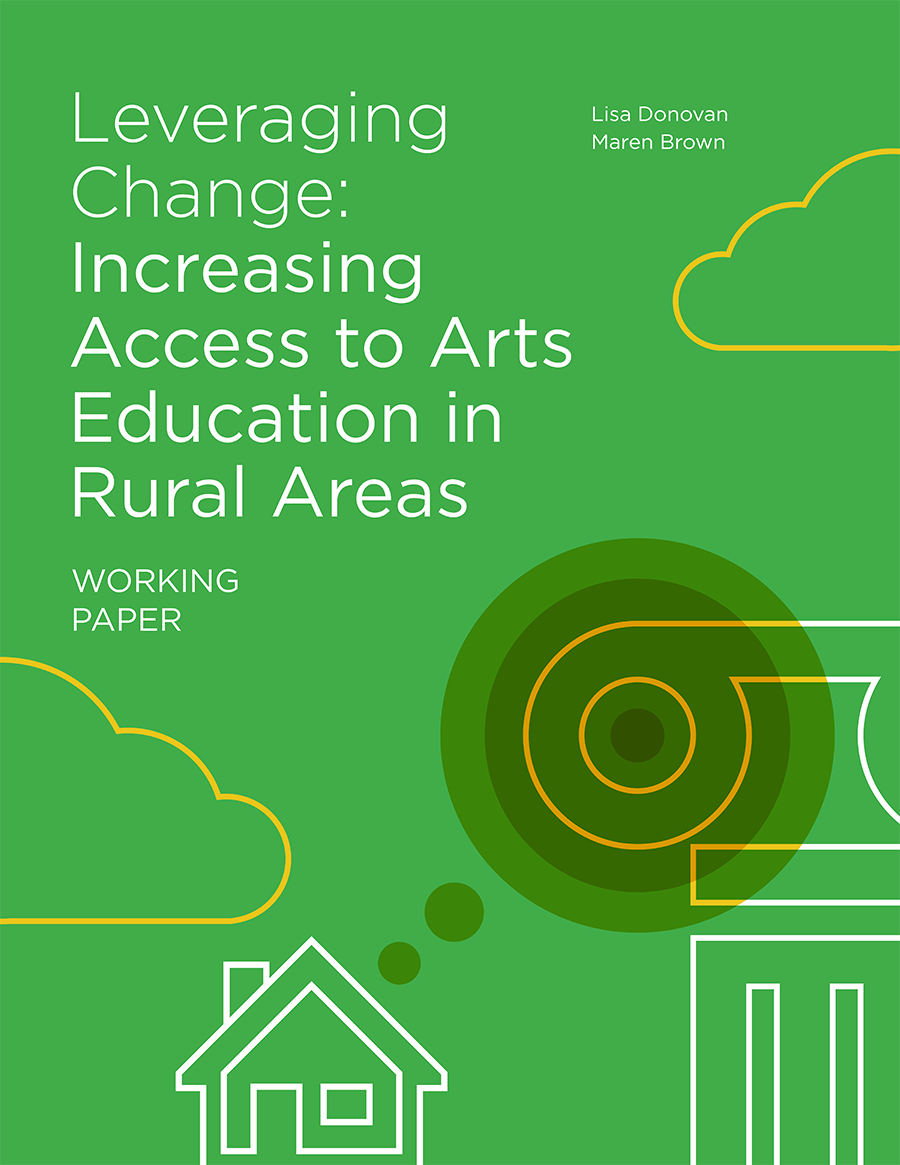Cultural Policy
May 2017, 107 pages.
Download:
Read More...As our country prepares for a Trump presidency, the issue of economic revitalization in rural American has much more urgency than eight months ago when I started collecting data for this work. Here is a sampling of headlines from coverage by the New York Times of the economic decline in the rust belt, or more specifically, coal country and Appalachian towns: “Trump’s Promises Will Be Hard to Keep, but Coal Country Has Faith” (Nov. 28, 2016); “A Bleak Outlook for Trump’s Promises to Coal Miners” (Nov.
Read More...What can you do when times are uncertain, and yet a clear opportunity to advance a collective agenda presents itself? Take action.
Read More...Story matters, and we are at a pivotal moment in which there is a growing understanding that narratives that move hearts and minds are critical. Those of us who work at the intersection of the arts and social justice have known this for some time — in the words of Jeff Chang, “cultural change precedes political change” — but it has become apparent to many others that without compelling storytelling, policy platforms do not stick.
Read More...Download:
![]() Arts Funding Snapshot: GIA’s Annual Research on Support for Arts and Culture (3 Mb)
Arts Funding Snapshot: GIA’s Annual Research on Support for Arts and Culture (3 Mb)
In a letter to members today, Grantmakers in the Arts President & CEO Janet Brown announced that she will step down from her position at the end of 2017. Brown has been CEO of GIA since January 1, 2009.
“GIA is in a great position to move to another level of effectiveness, and I feel new leadership will do that best,” Brown explained. “It has been an honor to lead an organization that has such a passionate board, staff, and membership who believe in the power of artists and the arts to reflect and change us. Although I am leaving GIA, I am not leaving the field and am excited about the opportunities that may present themselves for my involvement.”
The board will conduct a national search for Brown’s replacement led by incoming board chair Angelique Power, president of The Field Foundation of Illinois.
Read More...I was lucky as a young artist, with the ink still drying on my BFA, to learn about working in the public art field through a Minneapolis-based CETA program in 1977. CETA (Comprehensive Employment Training Act) was a federal jobs program that included several arts initiatives around the country. As gallery director of City Art Productions — the name of the one-year program initiated by Melisande Charles at the Minneapolis Arts Commission — I got to organize exhibits of CETA artists at libraries, plazas, government centers, and parks throughout the city.
Read More...In 2008 I wrote Le facteur C (later translated as No Culture, No Future) because I felt an urgent need to respond to a troubling trend: a growing chasm between the art experiences that were being offered by arts professionals and those being sought out by an ever-growing portion of the public. My book argued that for the arts to thrive and to be a force in our everyday lives, the professional arts sector needed to do more and differently to engage people in the arts in meaningful, life-enriching ways.
Read More...September 2021. At the convocation address to every entering student at a US university/college/community college arts program, conservatory, and high school of the arts:
Read More...On March 2, 2016, Grantmakers in the Arts held the invitational Thought Leader Forum on Artists in Community Settings at the Regional Arts Commission, Saint Louis, Missouri. The gathering involved nineteen funders, seven presenters from the field, and GIA staff and board observers. Eric Booth of Everyday Arts, Inc., facilitated and presented at the forum.
Read More...
